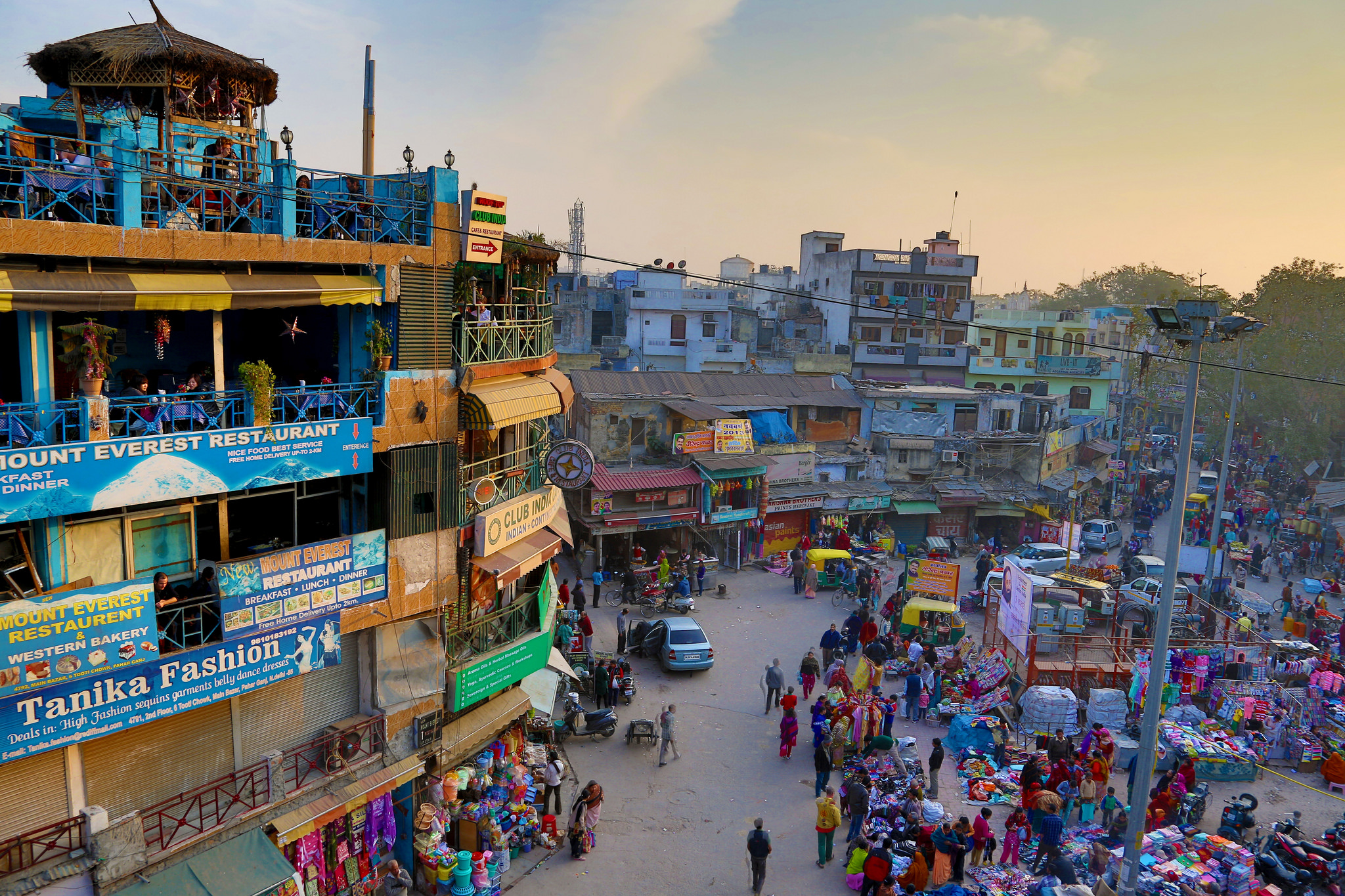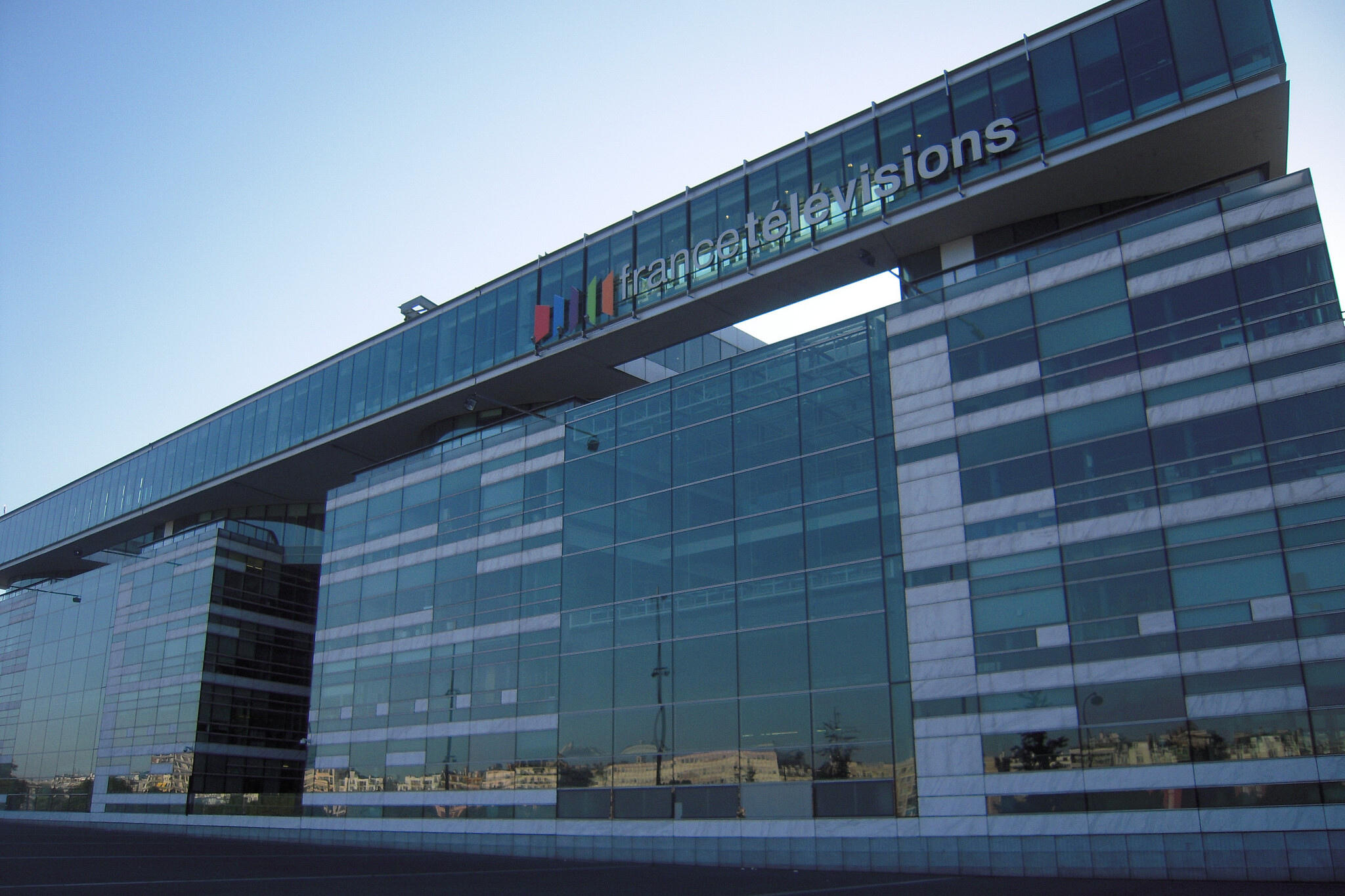In May we reported on the ripples that the new political situation in France could have stirred across public media organisations in the country. Now, after the publication of a working document, the future of public media in France is reshaping.
The main changes will reportedly happen across the structure, finance and governance of public service media (PSM). The main proposal is to merge the different public broadcaster organisations (Radio France, France Télévisions and France Médias Monde among those ) together into a “holding company”, whilst phasing out or merging others.
The idea of incorporating two or more organisations is not new: the idea has been discussed for a few years now, and the model has been applied to many other public broadcasters around the world, such as the BBC, CBC/Radio-Canada, NHK, ABC and more.
However, merging these companies in an harmonious way will most likely be a considerable challenge – factors such as human resources, people, politics and funds are all part of the equation. Coupled with the fact that public media in France has to now navigate these tricky waters with €80 million less funding than previous years and the need to keep up with technological transformations, the need to devise an efficient strategy cannot be ignored.
On 15 November, the leaders of the main public media organisations had to submit their proposals on three themes: the scope and the missions of the public service organisation, possible ways of cooperating among them and how to reinforce and improve the operational efficiency of the public media sector.
The Public Media Alliance will continue to watch developments as they unfold. . Meanwhile here is what happened and what we know so far.
More in detail
· The new plan →The new plan devised by the French Ministry of Culture, Françoise Nyssen, shakes up the foundation of public broadcasting in France and is primarily designed to keep efficiency in mind. The plan was revealed by the French newspaper Le Monde, and is part of a contribution to the Public Action Committee 2022, a working group on the reduction of public spending.
As previously mentioned, the intention is to regroup France Télévisions, Radio France and other companies in the sector into one common structure – a “holding” – in order to “align and release synergies”. The plan also includes the removal of the channel France Ô, which is dedicated to the French overseas departments and territories, a merger of France 3 and France Bleu and the closure of regional offices of France 2. Other elements include a review of resource allocation in terms of broadcast hours and an increased collaboration between Arte / France Télévisions.
The Ministry also plans to review the governance of the public broadcasting companies, with an aim to withdraw from the Higher Audiovisual Council (CSA) and their power to appoint presidents. Plus, it will be up to the government to devise how this new “holding” will run and how its leader will be appointed.
· Funding, finances and the licence fee → Part of this transformation will also pertain to the redevance (licence fee) which is currently collected from all those who claim to own a TV.
“It does not make sense given the media consumption patterns,” said Mathieu Gallet, president of Radio France. “One idea could be to introduce a universal and automatic royalty, each tax household contributing to this effort, as is the case in Germany or Switzerland,” he continued.
All these changes, if applied, would impose heavy burdens and costs. The CAP document itself reads that “potentially significant transition costs would have to be expected”. Financial costs would then also become human costs. Such a big transition would also translate into a general downsizing of the overall companies, especially as the document suggests that “non voluntary departures will be difficult to avoid”.
· Nyssen against Le Monde → After the French newspaper Le Monde revealed the outline of the proposed reform, the Minister of Culture filed a complaint against it. According to the Minister, the document was internal and not official nor definitive. On Friday, the office of the Minister stated that no complaint had been filed yet, but Nyssen had asked for “an internal investigation” to find the source of leaks and decide on the best course of action based on its results.
· A French Netflix? → Another intention, also discussed in May, is to create “an alliance at European level capable of competing with Netflix”. However, France Télévisions is trying to step away from it, as it would be particularly hard for France to implement due to the the rights of movies, TV series and other content being negotiated country by country, with very few key players in the market owning the rights to such work. Plus, as public broadcasters, it would be harder to justify and to engage audiences in a service that would most likely charge its viewers. Delphine Ernotte, CEO of France Télévisions, proposed a model that would follow Hulu, the platform created by US TV networks. Here, there would be some free content available, but also some paid programs, following a sort of ‘freemium’ model that would enforce co-productions.
· More joint project, rather than status → Ernotte, answering to the planned changes, proposed more of a collaborative approach, rather than opting for a joint union among the different broadcasting organisation. Le Monde reported that France Télévisions is in favour of collaborating with the Franco-German ARTE, an alliance with the National Audiovisual Institute (INA) and further collaborations and synergies with Radio France, to avoid what would be a costly merger. France Télévisions also proposed an alliance with European public broadcasters to create a shared structure of co-production and reached out to RAI, ZDF, TVE and the BBC.
The links above are to original stories, which are not produced by PMA. ‘Focus on PSM’ brings together stories from regions experiencing periods of heightened debate about the role of public media, media independence and media freedom. PMA does not necessarily endorse these stories nor do they necessarily reflect the view of PMA.
Header image: France Télévisions’ building in Paris. Credits: Omarukai/Creative Commons
Related Posts
26th September 2016
French public media needs “thorough review”
Public media in France has been under…

